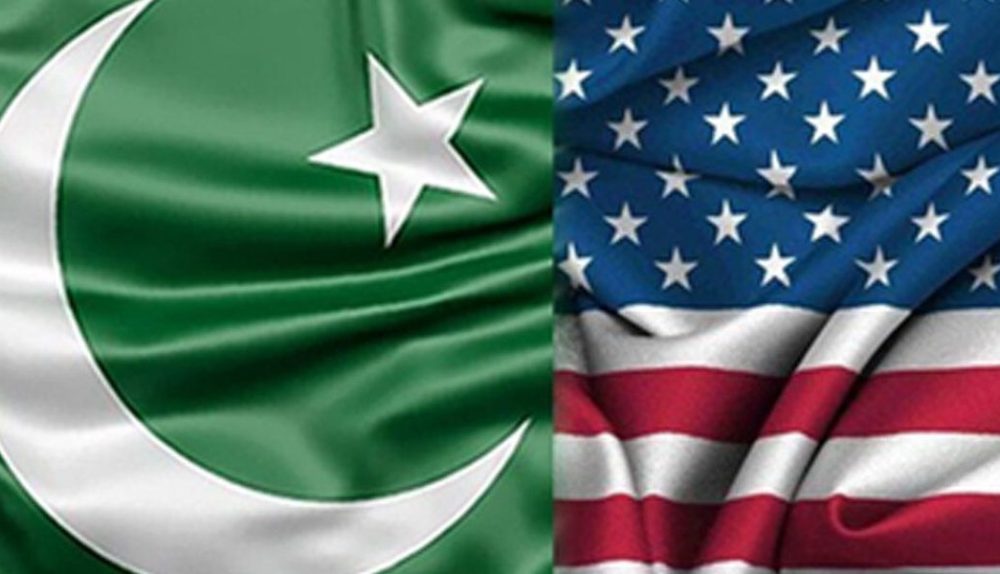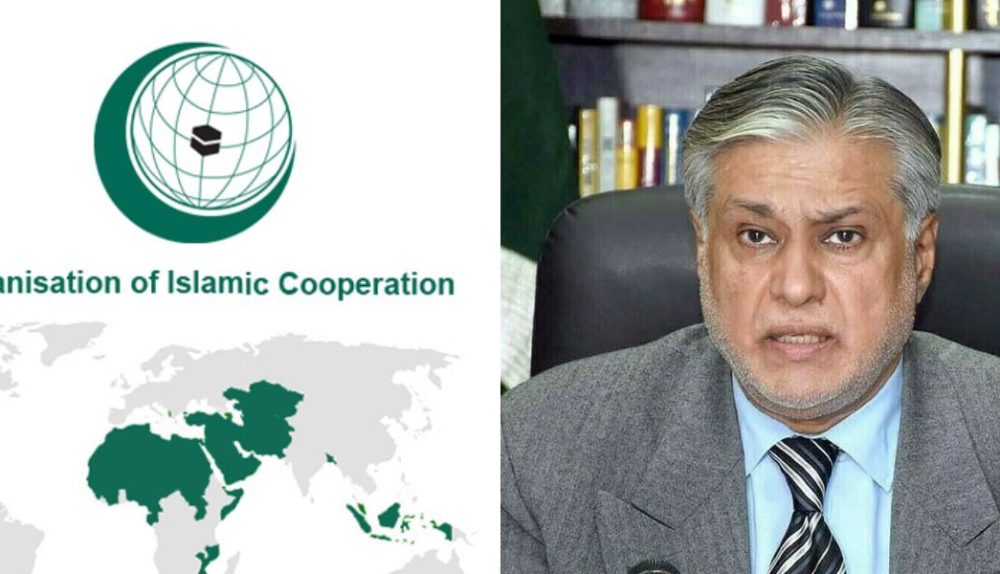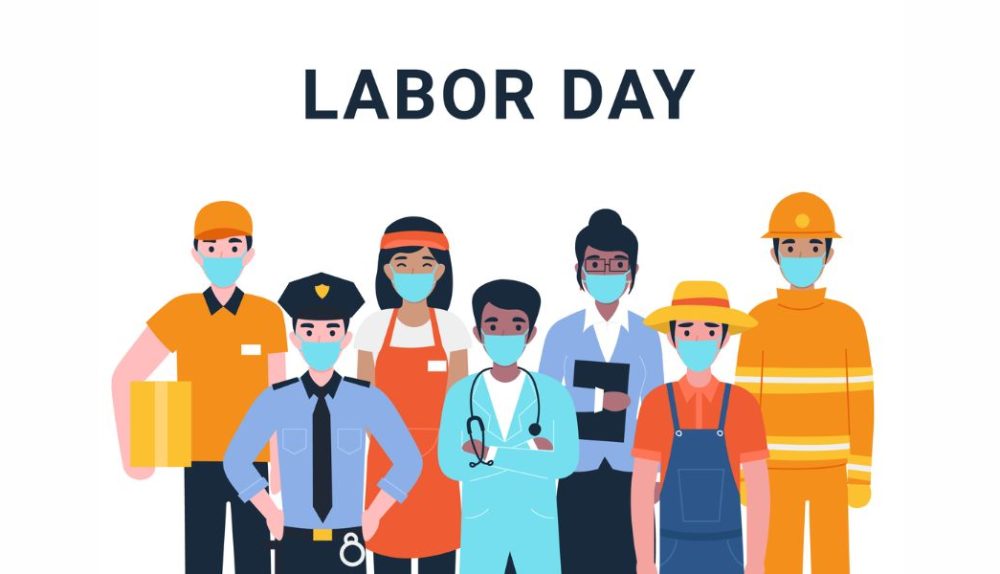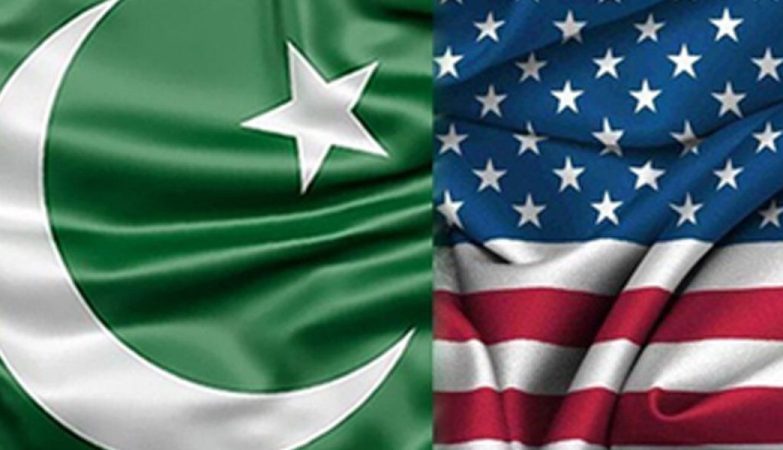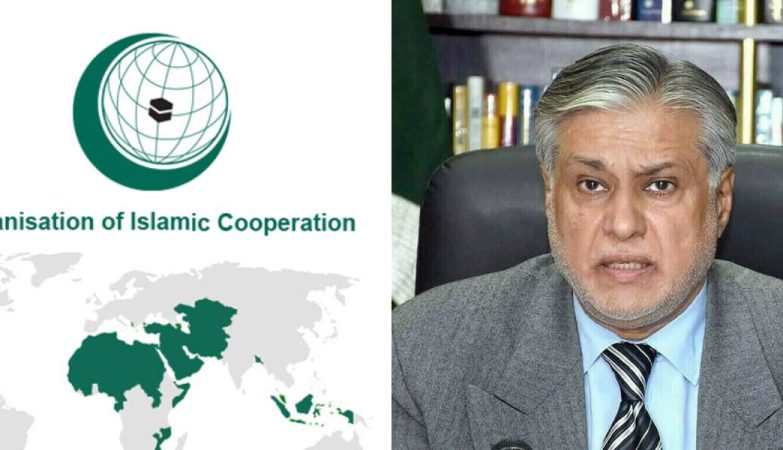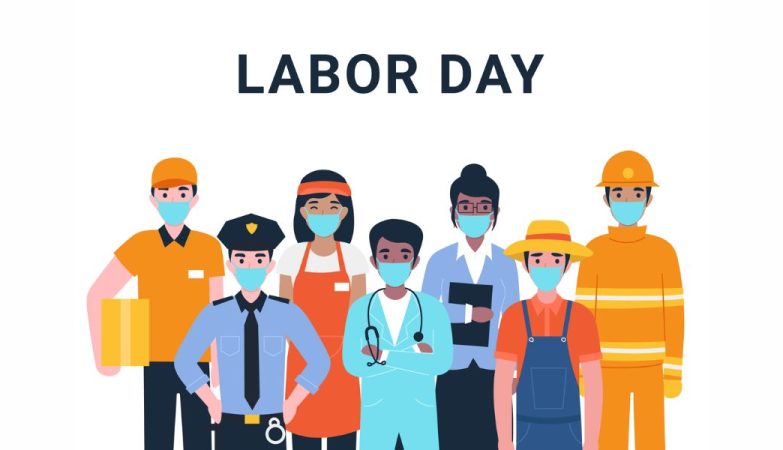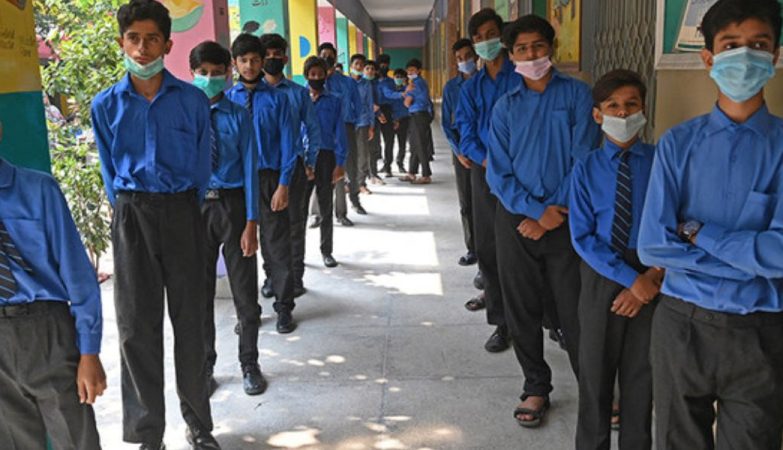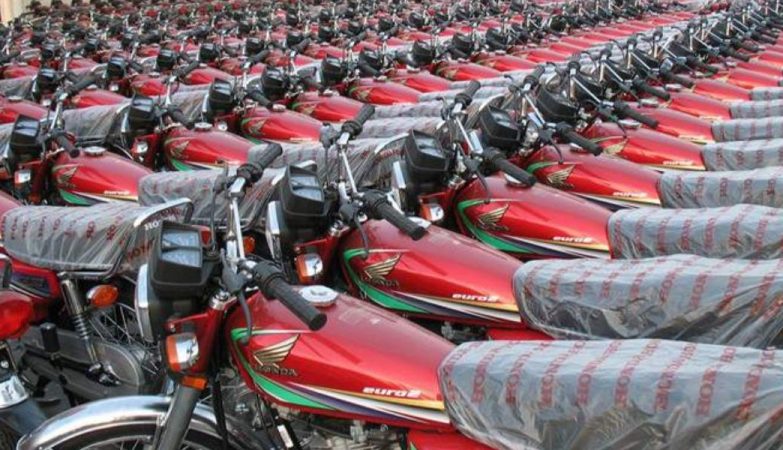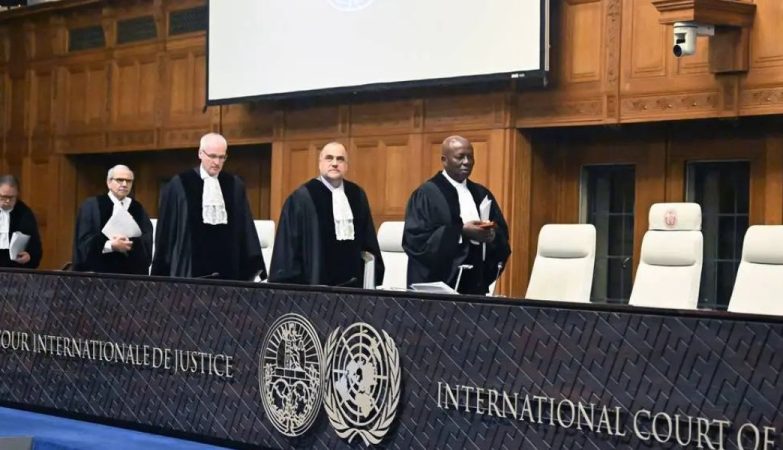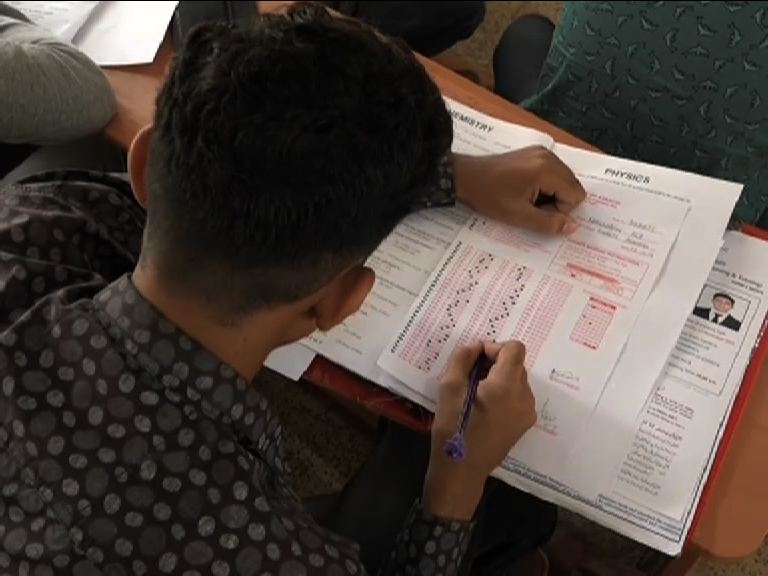Honda Atlas Cars Pakistan Ltd (HCAR) announced its financial results for the second quarter that ended September 30, 2020.
The company has reported a growth of 29 percent in profits to Rs. 656.88 million as compared to Rs. 509.69 million recorded in the same period last year. However, during the half-year, the profits were down by 81% to Rs. 146 million as compared to Rs. 751 million.
The company has recovered from losses of Rs. 511 million in the first quarter of MY21 to a profit of Rs. 656.88 million during the second quarter.
During this quarter, the company sales bounced back massively by 75.43 percent to Rs. 20.42 billion as compared with Rs. 11.64 billion recorded in the same period last year.
ALSO READ
Govt to Reduce Taxes on Hybrid Vehicles by Up to 50% and Offer Exemptions to EVs Under New Auto Policy
The main reason behind the increase in profits is growing sales as the volumes bounced back by 67 percent. However, on a sequential basis, net sales increased by 2.1X, which can be attributed to the lagged impact of demand post lockdown, stable currency, and rise in consumer financing. Quarter on Quarter, the unit sales of the company were up by 219 percent.
According to Topline Securities, the increase in sales is due to the easing of COVID-19 related lockdown and low-interest rates.
The result was above the industry’s expectations, mainly due to the high gross margins and lower finance costs.
Similarly, the cost of sales during the quarter grew by 82.45 percent to Rs. 19.03 billion as compared to Rs. 10.43 billion, which took the gross profits to Rs. 1.39 billion against Rs. 1.21 billion.
Units Sold (Apr 2020-June 2020)
Models
Units Sold in 2020 (2QMY21)
Units Sold in 2019 (2QMY20)
Difference
Civic and City
6,483
3,926
65.13%
Honda BR-V
952
528
80.30%
Total
7,435
4,458
66.80%
Other income of the company also went down by 163.76 percent during the quarter to Rs. 66.31 million as compared to Rs. 25.14 million in the same period last year due to the increase in new car bookings as the lead time for delivery has increased to two months for City and four months for Civic.
Distribution and marketing costs slightly decreased to Rs. 150.7 million as compared to Rs. 179.22 million during the period under view. Administrative expenses increased to Rs. 191.66 million as compared to Rs. 179.30 million.
Due to a decrease in interest rates during the period, the financing cost of the company decreased by 91.24 percent to Rs. 17.52 million as compared to Rs. 199.99 million.
Earnings per share of the company were reported at Rs. 4.60 as compared to Rs. 3.57. HCARS’s share at the bourse closed at Rs. 299.29; down by Rs. 0.90 or 0.30%, with a turnover of 135,800 shares on Wednesday.
As can be seen in the figures above, Honda Atlas has seen a recovery in profits but has not performed nearly as well as Toyota Indus Motor Company (IMC) in the said quarter. The company posted a profit of Rs. 1.84 billion in the first quarter, up by 40.50 percent as compared to a profit of Rs. 1.31 billion in the same period last year.
Furthermore, as per the recent monthly sales report shared by Pakistan Automotive Manufacturers Association (PAMA), Toyota Indus saw a Year On Year (YoY) sales increase of 106 percent and a Month On Month (MoM) sales increase of 32 percent in September 2020. Compared to that, Honda Atlas recorded an MoM sales decrease of 18 percent and a YoY sales increase of 61 percent.
IMC’s remarkable performance is mainly due to the staggeringly successful sales of Toyota Yaris, which outsold both the Honda City and the Civic combined. IMC sold 3,058 units of Yaris, compared to which Honda sold only 1,858 units of City and Civic put together.
Honda Atlas desperately needs a fresh product in their lineup to get back up to paces with their primary competitor, Toyota IMC. Reports have surfaced on social media about the launch of the new Honda City late next year, which is likely to liven things up a bit for Honda Atlas in terms of business.
With additional input by Waleed Shah
The post Honda Atlas Announces a Massive Turnaround in Latest Financial Results appeared first on .
Continue Reading

